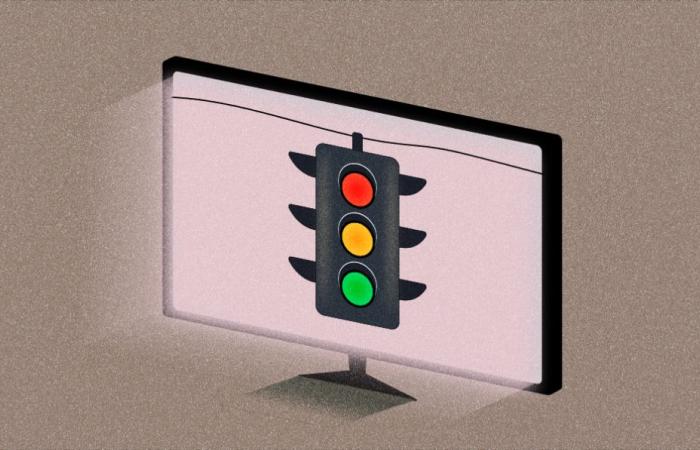Last week, The Guardian joined NPR in vowing not to post on the platform anymore, citing the toxicity on Twitter 2.0 and X owner Elon Musk’s political involvement. Meanwhile, X alternative Bluesky received an influx of new users after the U.S. presidential election, with publishers like The Economist, The Week, Politico and Semafor following them there.
But don’t expect The Guardian to be the start of a wave of publishers making splashy announcements about their decision to abandon X for good. (Notably, NPR and The Guardian have not deleted their accounts on the platform, meaning there is a future where they could return.)
Over a dozen major publishers — including The New York Times, Reuters and Vox Media — told Digiday that they didn’t have plans to leave X anytime soon. About half declined to comment on the record. The other half confirmed that it was business as usual.
As Digiday has previously reported, referral traffic from X has declined sharply over the past few years. But even though the platform isn’t driving a large share of eyeballs to publishers’ sites, the traffic is still notable enough to stay on the platform, according to three publishing executives who spoke with Digiday. Those executives said they did not want to abandon the communities their brands have built on X.
The presidential election this month was an example of how X can still be valuable to some publishers.
Referral traffic from X to publishers on Election Day was up 50% over a normal Tuesday, according to Newspack, a WordPress-affiliated publishing platform owned by web publishing tech provider Automattic; the figure is based on the nearly 300 publishers that use Newspack. However, X referrals represented less than 1% of all site traffic to those publishers on Election Day, an Automattic spokesperson noted.
X’s referral traffic decline has been steep since 2023 — even with a bump during election week when compared to surrounding weeks, according to Chartbeat data that includes 3,000 global publishers, as illustrated below.
One head of social media at a large publisher — who traded anonymity for candor — said they saw a boost of traffic coming from X on Election Day, but could not quantify how big that surge was at the time of the interview. It was “an amount that was not unnoticeable,” they said.
The head of social said their team does a “rolling evaluation” of whether they should continue devoting resources to X. For example, their team decided to remain on X after the blue check mark verification program was changed last year, and again decided the same after it became clear Musk would be a key part of Trump’s administration.
“We see X as a platform where a large amount of our audience still is getting their news, and people get their news from us on X,” the head of social said. “We see it as a place where we still see value in being active, and hopefully serving our audiences there.”
So what would it take to leave X?
If the platform suddenly steered away from the publisher’s “values and mission” as a news organization, and if the traffic coming from X was “so miniscule” that it would no longer make sense to dedicate staff’s time to the platform, they said.
X can also be valuable for engaging with fandoms — from entertainment to sports, two publishing executives told Digiday.
“A lot of our sport writers still have influence on X. Fans turn to X to follow [games in] real time. There are still certain use cases for the platform… [though] traffic volumes have decayed over the years making it, from a business perspective, a less meaningful platform,” said Martin Little, audience director of distribution at Reach plc.
Little said Reach wouldn’t make a network-wide decision on leaving the platform, leaving it up to individual publishers to determine their role on X.
That’s an approach Vox Media is taking too. The Dodo and Polygon stopped posting to X last year, but Vox Media’s other titles aren’t changing their plans on X, a spokesperson said.
“The Dodo and Polygon stopped posting to X in the wake of Elon Musk’s purchase of the platform and ensuing changes that made it a more toxic environment. They felt that there was too little upside to justify being on there,” they added.






